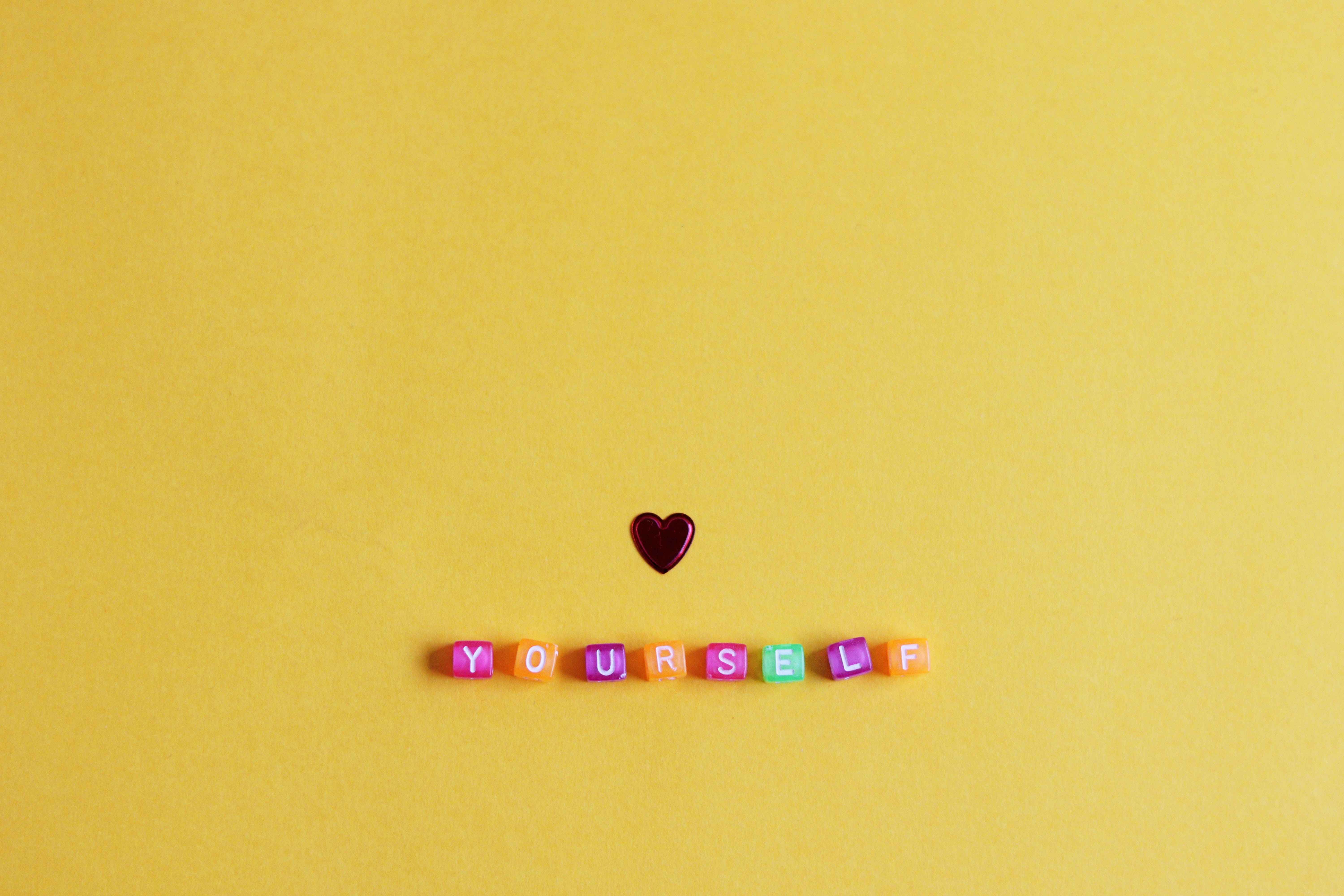Introduction:
Self-love is a transformative and empowering force that can significantly enhance your overall well-being and happiness. Learning to love yourself is not a selfish act but a fundamental step towards personal growth, resilience, and positive relationships. In this article, we will explore the concept of self-love and provide practical strategies to help you embark on the journey of self-acceptance and self-celebration.
Understanding Self-Love:
Self-love is the practice of caring for and valuing oneself unconditionally. It involves accepting your flaws, embracing your uniqueness, and recognizing your inherent worth as a human being.
Recognizing Self-Love Barriers:
Before delving into the strategies for cultivating self-love, it's essential to recognize common barriers that may hinder self-love. These barriers can include past traumas, negative self-perceptions, societal pressures, and unrealistic standards. Awareness of these barriers is the first step in your journey toward self-love.
Practicing Self-Compassion:
Self-love begins with self-compassion. Treat yourself as you would treat a dear friend. Embrace your imperfections and acknowledge that making mistakes is a part of being human.
Positive Self-Talk:
Challenge negative self-talk and replace it with positive affirmations. Instead of criticizing yourself, focus on nurturing your self-esteem and confidence. Replace self-doubt with self-affirmation.
Embrace Your Uniqueness:
Remember that you are one of a kind. Celebrate your individuality, including your quirks and idiosyncrasies. It's your uniqueness that makes you special.
Forgiveness and Letting Go:
Forgive yourself for past mistakes and let go of grudges. Carrying resentment and guilt can be a significant barrier to self-love. Accept that you're human and have a capacity for growth and change.
Practice Self-Care:
Self-love includes taking care of your physical and mental health. This involves maintaining a balanced diet, engaging in regular exercise, getting sufficient sleep, and nurturing your emotional well-being.
Setting Healthy Boundaries:
Learn to say no when necessary. Setting and maintaining healthy boundaries is an act of self-love, as it prevents overextension and stress.
Gratitude and Self-Love:
Cultivate a gratitude practice. Regularly acknowledge and appreciate your strengths, achievements, and the positive aspects of your life. Gratitude can enhance self-love.
Seeking Support:
Don't be afraid to seek support from friends, family, or a therapist. Sharing your thoughts and feelings with someone you trust can provide valuable insights and emotional healing.
Visualization and Self-Love:
Visualize yourself with self-love and self-acceptance. Picture a future where you are confident, content, and embracing yourself fully. Visualization can help you create a positive self-image.
Embrace Your Passions:
Pursue your interests and passions with enthusiasm. Engaging in activities you love can boost your self-esteem and provide a sense of fulfillment.
The Journey to Self-Love:
Recognize that the journey to self-love is ongoing. It involves continuous growth and self-discovery. There may be setbacks, but with patience and self-compassion, you can move forward.
Conclusion:
In conclusion, self-love is an essential and transformative practice that leads to personal growth, resilience, and positive relationships. By understanding self-love barriers, practicing self-compassion, embracing your uniqueness, and cultivating self-care and gratitude, you can embark on a journey of self-acceptance and self-celebration. Remember that learning to love yourself is a lifelong journey, and with dedication and self-kindness, you can experience the profound benefits it offers to your life.






